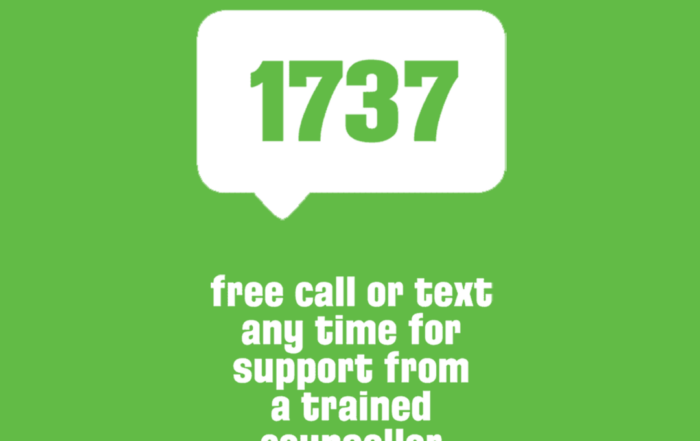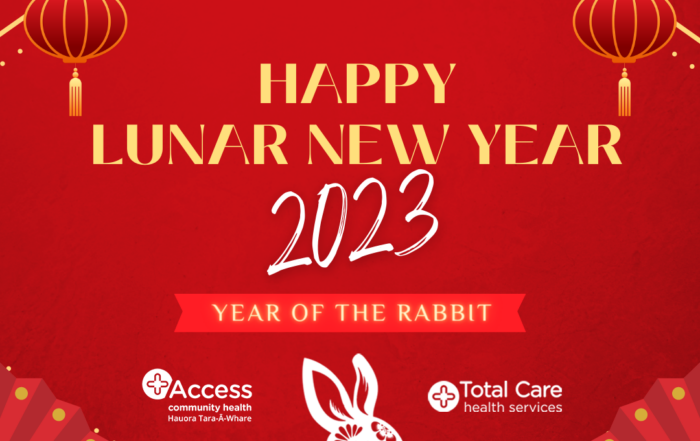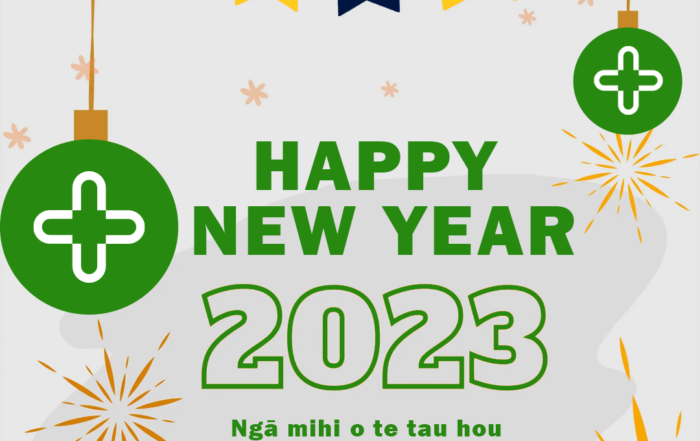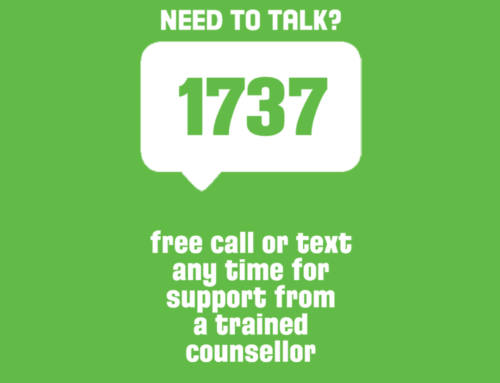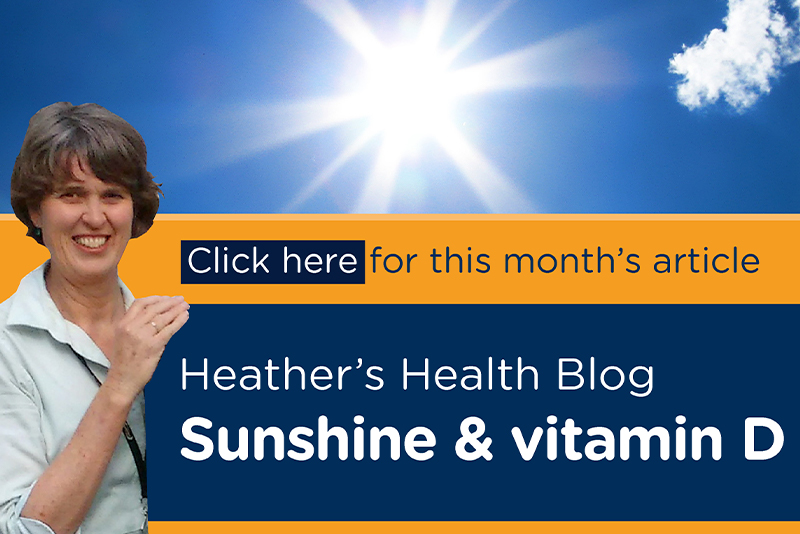
Sunshine And Vitamin D
I am a registered nurse with a Graduate Diploma in nutritional medicine. I have worked as a nurse in hospitals and in the community. I have experience in diverse areas such as: hospitals, summer camps, in the community, as an independent midwife and in a wellness retreat for women. I have enjoyed working with people of all ages and have a passion for promoting wellness and working as an Integrative Nurse Coach. I have worked at Access for the last 6 years as a Community Nurse.
Recently, In April this year, I became certified as a U.S.A Board Certified Integrative Nurse Coach. One of 2 qualified Nurse Coaches in New Zealand. A Nurse Coach is a professional Registered Nurse who uses coaching strategies to support people who may want to feel healthier, more energised and support the best health they can be using the person’s own strengths and capacities make positive changes for example in lifestyle or nutrition.
In this blog I would like to explore well- being with you, what it means to people, stimulate enquiry and provide some health promotional strategies to tempt you to create the Healthier YOU!
Sunshine & Vitamin D
It’s springtime and a good time to pay a little more attention to the sun and it’s necessary health effects.. In recent times I have noticed that more and more people have become aware of this vitamin called vitamin D, that behaves like a hormone.
So what is all the excitement about? Vitamin D is the fat soluble vitamin that your body creates after it has been exposed to sunlight. Unfortunately there is little vitamin D available in foods, so it’s difficult to increase our vitamin D sufficiently with diet alone.
In today’s world, we are very wary of the sun. We wear hats and sunscreen, we limit out sun exposure for fear of skin cancer and many of us work indoors. As adults how many of us spend time outside in the sun for any length of time? Often even our exercise is indoors. In addition the darker your skin the more sun exposure you require to create the optimal level. Vitamin D deficiency has become a widespread issue and is often not diagnosed early as in NZ we have to pay for our vitamin D level to be tested and many assume we should have enough with our harsh NZ sun. Science has shown us that the optimal level is approximately 100nmol/litre or at least between 75nmol/litre-112nmol/litre. (7-10)
In my experience with clients, I have found the many people including myself are below this level when they test their blood.
So what does Vitamin D do?
Vitamin D has a close relationship with calcium and phosphorous and therefore affects our absorption of calcium and consequently bone health. If we are below optimal range we run the risk of easily breaking our bones leading to a condition known as osteoporosis. Many people are aware of this information, however, what may not be aware of is that low levels of vitamin D also puts you at risk of muscular cramps, twitches, trembling, pain and muscle weakness. Low levels can also affect your energy sometimes leading to permanent exhaustion and fatigue. The nervous system can be affected by low vitamin D levels leading to sleep disorders, impaired concentration, dizziness and instability when walking and standing.
So our elderly who fall frequently may increase their risk due to low vitamin D levels. This is not surprising if you consider they are inside much of the day and many fear the effects of sun damage on their skin.
Joint and bone pain can be enhanced by low levels of vitamin D and progress faster in the absence of optimal levels. So while the connection with bones and muscles is quite obvious, did you know that there are connections to many human chronic diseases such as cardiovascular disease, depression, cognitive decline and autoimmune disease. This is because vitamin D has been found to have receptors and therefore physiological effects in just about every cell and tissue in the body.
Another link that may surprise you is that breast cancer is linked with low vitamin D levels. In as much as 75 % of women with breast cancer are vitamin D deficient? In one study, women who had the highest vitamin D range decreased their risk of breast cancer by 45%.
There is also literature to support slowing down the growth rate of cancers in colorectal cancer, prostrate, pancreas, lung and endometrium.
However, this vitamin must be taken with care and it can be taken in excess. For this reason, I ask all my clients to have a vitamin D level taken to ensure they are not taking too much and to gauge what dose they should take. In the past, people have been prescribed a synthetic form of vitamin D2 which I do not recommend as it has not been found to improve overall health statistics as vitamin D3 does and it has been suggested that vitamin D2 may in fact have detrimental effects.
When I consider Access staff and our clients, I think it would be good to increase our awareness for our support workers (who work inside) office staff (work indoors) and clients who mostly spend more time indoors. Unfortunately, the government does not fund vitamin D testing so this can be done privately at a laboratory for approximately $40 or many GPs will prescribe a low dose of vitamin D for at risk people. So how do you know if you are at risk? You could get your blood tested privately, assess your sun exposure, your skin colour your age. The older you are the less vitamin D is absorbed via the skin efficiently. Definitely something to chat to your doctor, nutritionist or naturopath about.
What can you do about it?
You could go into the sunshine for 10 mins a day (or at least half the burn time when the sun is vertical in the sky to your skin at noon exposing as much as possible). It is important to note however that sun exposure leads to skin ageing, wrinkling and some prefer not to put themselves at risk of melanoma and take a daily supplement. Vitamin D can either be prescribed by your GP or taken as a supplement from the health store. If you choose the latter, be mindful to take no more than a moderate dose 2,000IU/day and preferably get your blood tested first.
At the very least if you think you are at risk, discuss with your GP, naturopath or a nutritionist. This health concern is too important to avoid this conversation.
Recent Posts:
Cyclone Gabrielle – Need to talk?
The weather events have been distressing for many of us. There's good, free, 24x7 telehealth support available from 1737. It's free, just call or text [...]
Happy Lunar New Year from Access Community Health
Here at Access, we celebrate the cultures of the tāngata | people who surround us. Culture enrichens our experience as humans, gives us confidence and [...]
Happy New Year from Access Community Health
With the new year beginning, it is important to take a moment to reflect on how much was accomplished in 2022. This time last year, [...]

